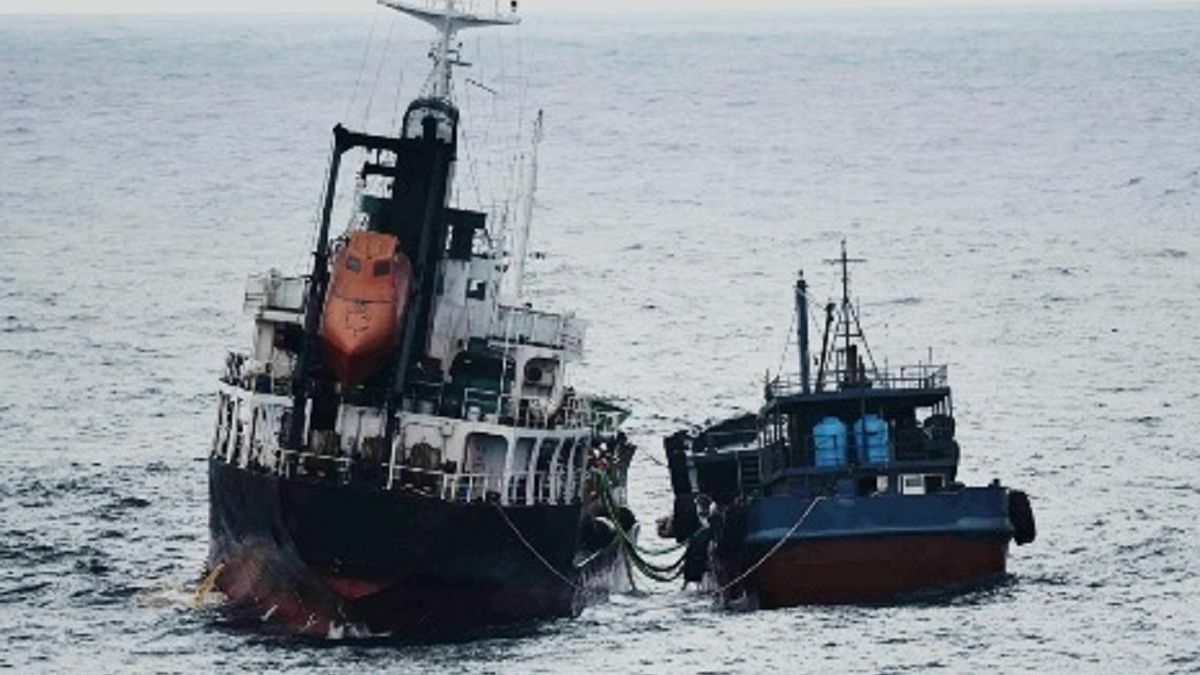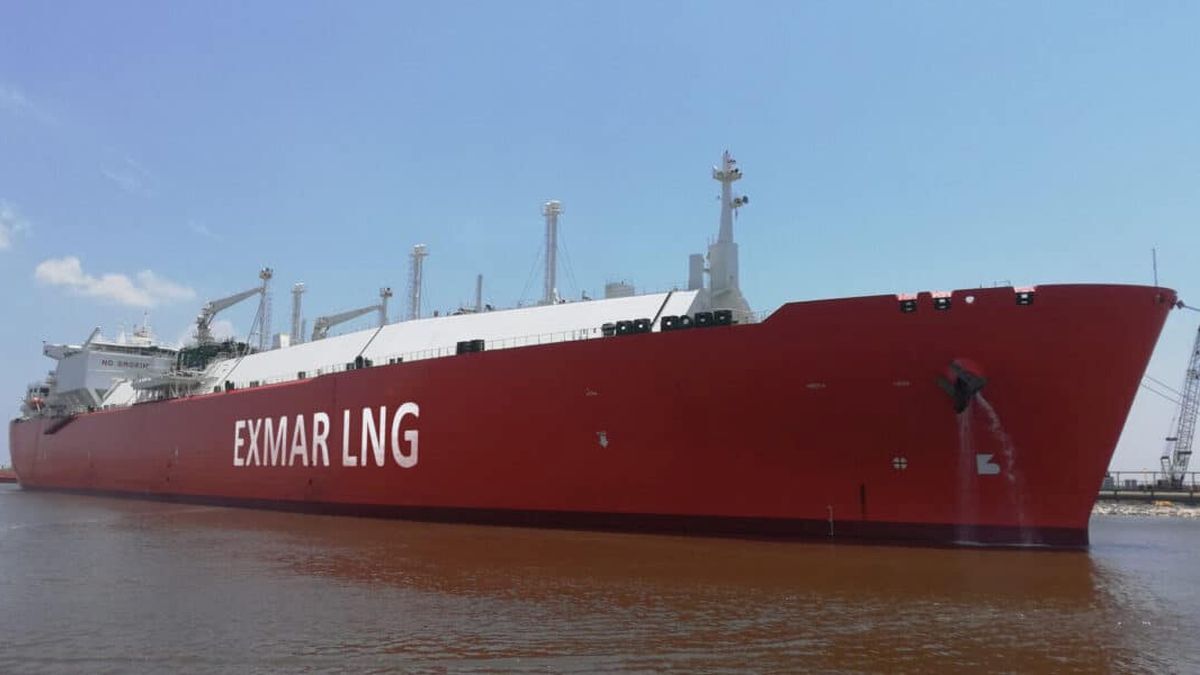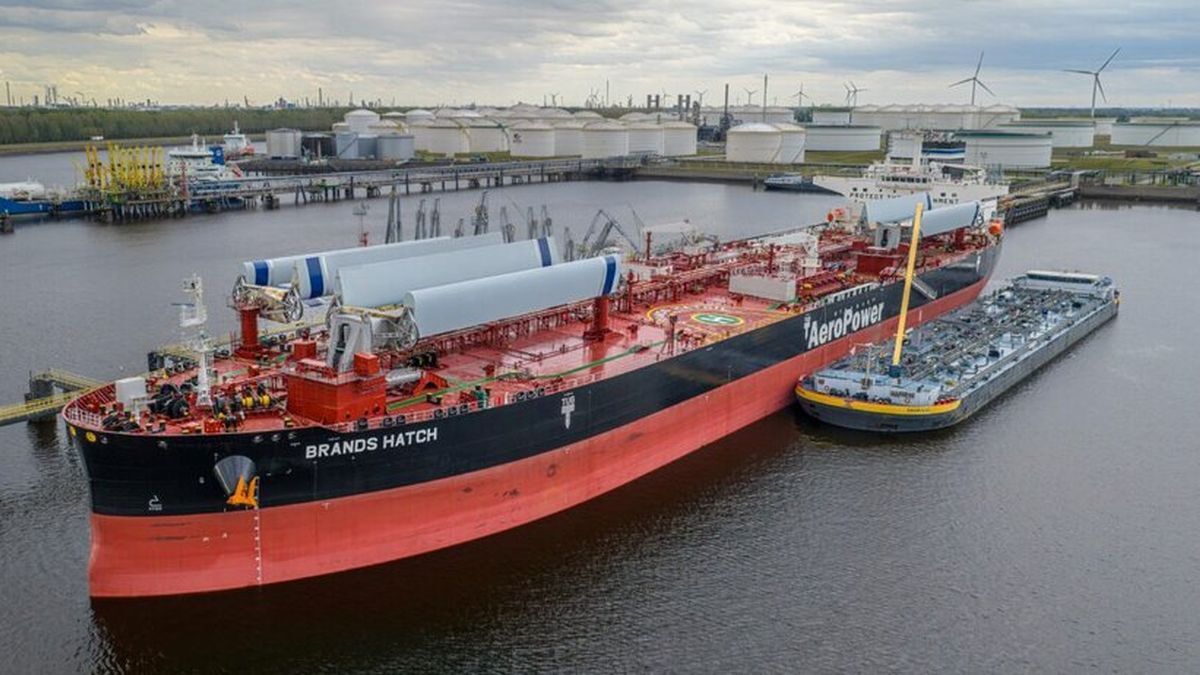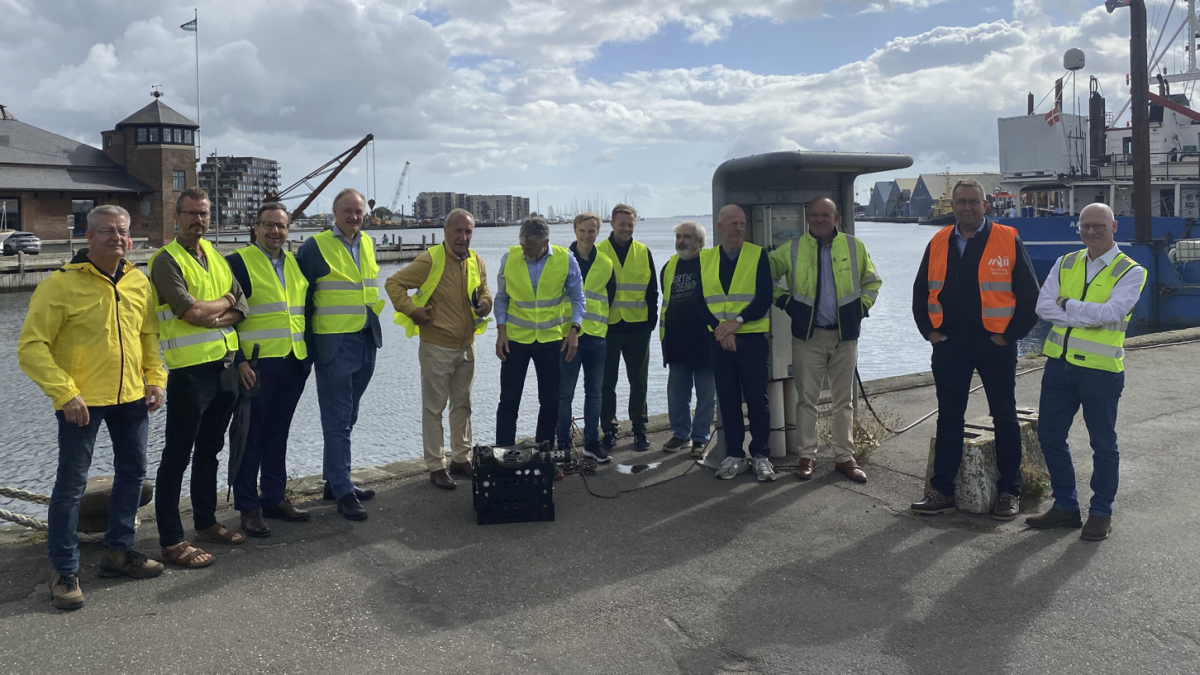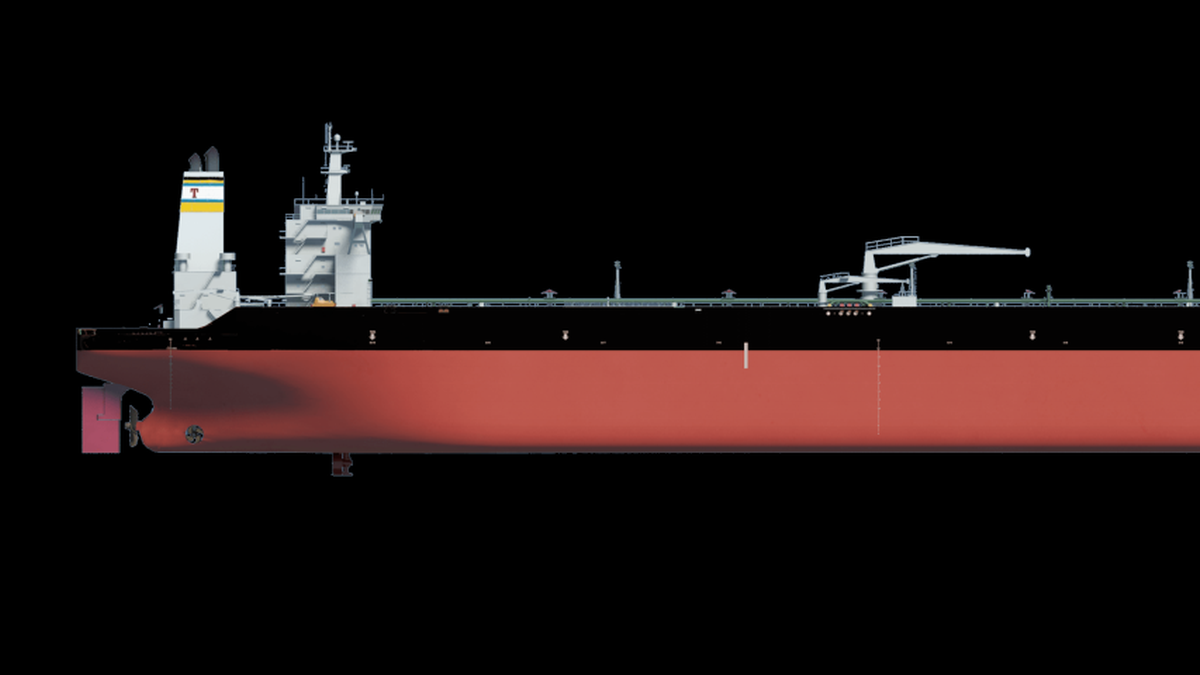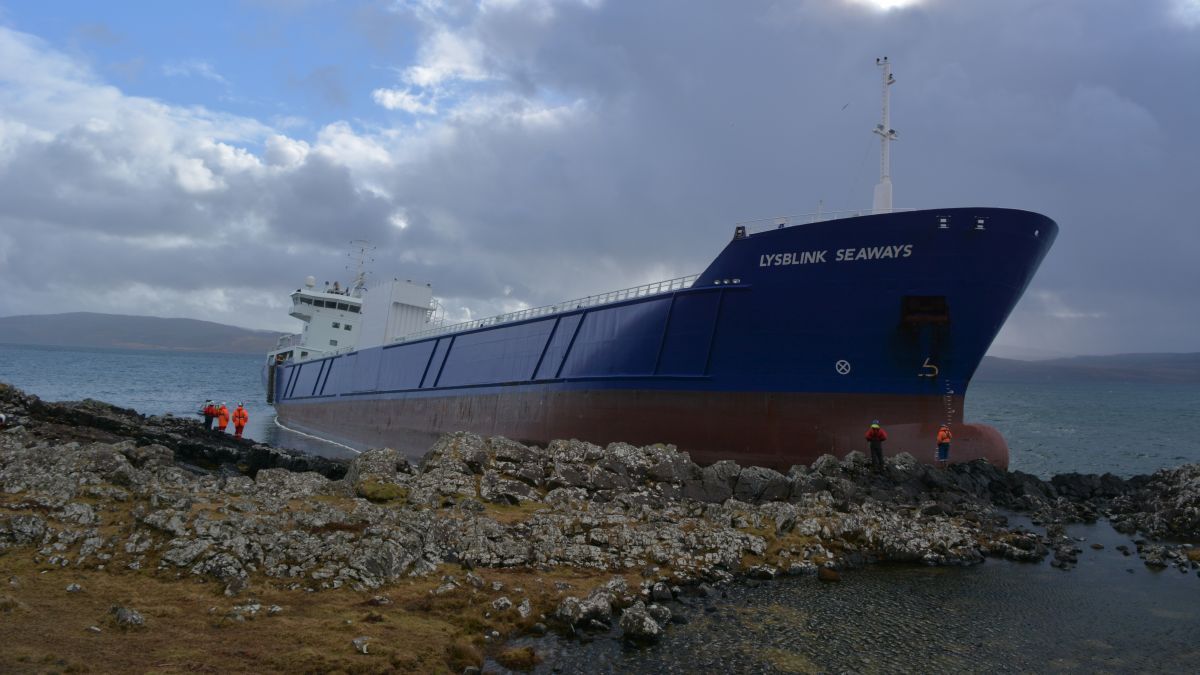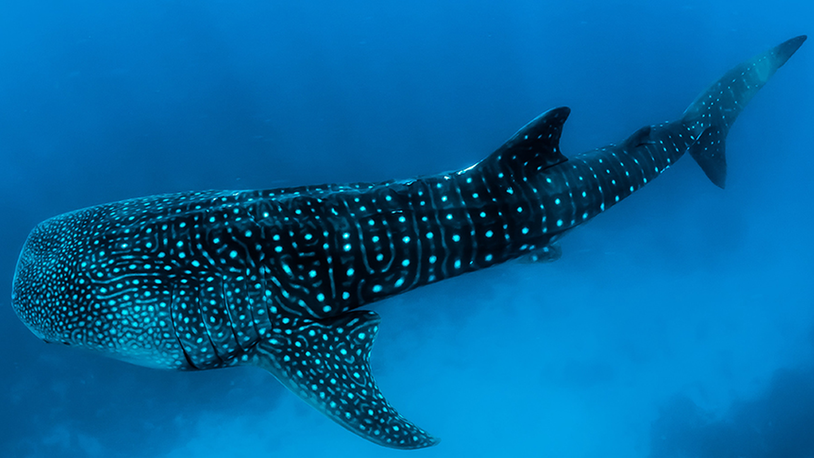Business Sectors
Events
Offshore Wind Webinar Week
Contents
Panama demands 'total traceability' of ship-to-ship oil cargo transfers
A Panamanian government policy from 6 August requires Panama Ship Registry-flagged oil tankers to give 48 hours notice for all ship-to-ship (STS) transfers
The Panama maritime authority (Autoridad Maritima de Panama, or AMP) has said it is now requiring oil tankers to give advance notice of STS transfers in a bid to curb sanctioned trading in oil.
Citing what it called illicit, covert and potentially environmentally damaging practices by vessels in the so-called ’ghost fleet’, also known as the shadow fleet, dark fleet and grey fleet, the AMP said it would be watching for variations in tanker arrival times at transhipment points.
"In the event of a variation greater than six hours in the estimated time of arrival (ETA) at the transhipment point, the captain, owner or (designated person ashore) DPA must update the notification to the AMP," the organisation said.
The tracking, according to AMP is a government-directed bid for what it called "total traceability for hydrocarbon transhipments" involving oil tankers of 150 tonnes or more. The AMP said the measure, Resolution 106-035-DGMM from Panama’s Directorate General of the Merchant Marine, came into effect on 6 August 2020.
Under the new regulation, all Panama-flagged oil tankers must notify AMP "at least 48 hours in advance of the technical and logistical details of each STS" transfer or manoeuvre.
The AMP is mandating that vessels engaging in STS transfers report the vessel names, flags, call signs, IMO numbers and ETAs of the vessels involved along with the date, time and geographical position of the start of the operation, whether the vessels are at anchor or underway, the type and quantity of hydrocarbons being transferred and the estimated duration of the operation along with a shore-based contact point.
The AMP said each STS operation must adhere to IMO’s Marpol Regulation 41, which lay out general rules for personnel safety and environmental protection during STS operations.
Deviations of greater than six hours from the vessels’ reported ETAs will require a further update to AMP.
"This action is aligned with IMO regulations and reinforces Panama’s commitment as a responsible flag state, promoting maritime safety, operational transparency, and the protection of the marine environment," the organisation said.
Panama has significantly tightened regulations governing its flagged fleet of vessels, one of the largest in the world.
In a further measure aimed at curbing ghost fleet trading, Panama said on 4 August that it will stop flagging tankers and bulkers more than 15 years old.
The government of Panama has engaged in a series of decrees and revokations of registrations of vessels since October 2024, when Panama’s President Jose Raul Molino issued Executive Decree No 512, which outlines the cancellation of vessels or registered owners sanctioned in lists issued by or in the OFAC, The United Nations Security Council and its committees, the EU’s Consolidated Financial Sanctions List and the UK’s Financial Sanctions Targets list.
And at the time, the Panama Maritime Authority said the new legal mechanism means vessels listed in Panama’s ship registry that appear on international sanctions lists will have their registration and navigation licences immediately revoked.
- Panama culls more than 100 sanctioned vessels from flag fleet
- Panama: ’we are not a refuge for sanctions evasion’
- Panama expedites revokation of six vessels on UK sanctions list
- Panama to revoke licences for sanctioned ships
Riviera’s When GPS lies and AIS goes dark: rethinking navigation resilience with AI webinar will be held 8 September 2025. Click here to register for this free-to-attend event.
Related to this Story
Events
Offshore Wind Webinar Week
Maritime Decarbonisation, Europe: Conference, Awards & Exhibition 2025
Offshore Support Journal Conference, Americas 2025
© 2024 Riviera Maritime Media Ltd.


